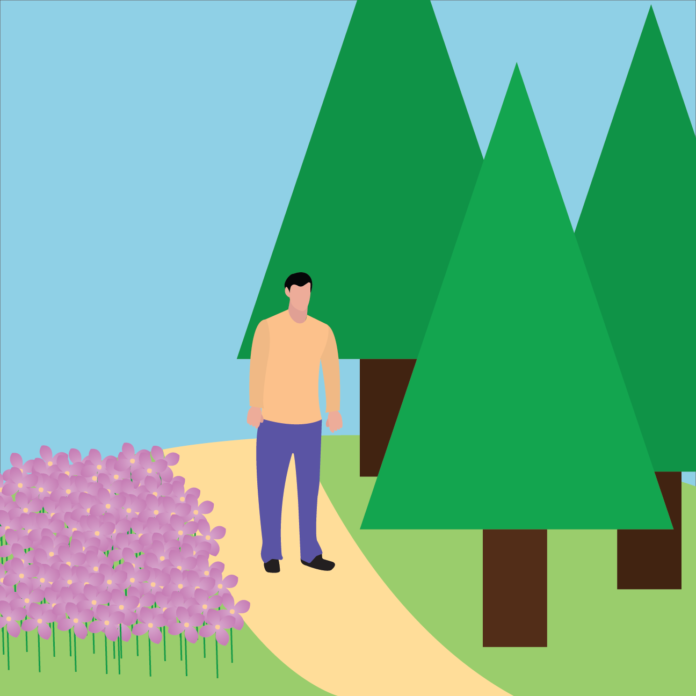Conversations surrounding health and the natural environment have become increasingly common in recent years as the COVID-19 pandemic and the climate crisis have taken the limelight in mainstream media. But the connection between the two is rarely in everyday discourse, even though it should be.
“Our health is determined by stress, income, education, secure employment, early childhood years, and all those other things, which is about 80 percent of our health,” said Dr. Susan Elliott, a medical geographer and professor at the University of Waterloo.
As the climate crisis progresses, the social and environmental determinants of health become more evident. The CDC noted that it is expected for existing health threats to intensify and new ones to emerge due to the changing climate. This includes respiratory diseases, food and water-borne illnesses, as well as threats to mental health.
“So if that’s the case, then we should start thinking in a different way about how we respond to ill health issues,” Elliott said.
It was recently announced that physicians in Canada can now prescribe patients a free pass to Canada’s national parks under the PaRx program, the first of its kind within Canada. On their website, it was noted that in 2019, nature prescriptions were named the top eight global wellness trends.
“I really like the turn towards recognizing that our lifestyle actually has quite a big impact on our mental health,” said Dr. Christine Purdon, a professor and director of clinical training at the University of Waterloo, with an interest in anxiety and its cognitive manifestations. “And so I think the idea of going for a walk accomplishes a couple of goals: it gets us out of our house, off our phone, in nature and exercising.”
Research has shown that walking (in nature) can bring a wide range of benefits, from improving cognitive function to lowering the risks of heart disease and stroke.
“Our brains include very old structures over which newer structures have evolved,” Purdon said. “I think there’s probably something very primal about our relationship with nature, that being in a calm natural environment is just a natural, very visceral, very ancient source of soothing for us.”
Aside from medical prescriptions, there are other smaller-scale steps that individuals can take to improve their physical and mental wellbeing through nature. Purdon discussed the options of walking meetings, which have been associated with an improvement in creativity and brainstorming.
Elliott also talked about the various co-benefits of staying active while also becoming more environmentally conscious. “Ride your bike or some other form of active transportation. And there are co-benefits, it reduces air quality issues and also keeps [you] healthy.”
However, many individuals may still be reluctant to go outside due to a lack of accommodations. To address this reluctance, universities and government bodies worldwide should invest more in infrastructures that will encourage outdoor activities and exercise.
“We could do things like creating more welcoming green spaces on campus. Right now there are a few places to kind of go sit [at the university], but you’re sitting in concrete, looking at concrete. It’s not quite the same,” Purdon said. “Planting more trees, using space more creatively [and] creating outdoor classroom environments,” are some of Purdon’s suggestions.
In larger urban cities, green walls have been popularly implemented to expand green space while also accommodating a growing population. They help purify the air, regulate temperatures, provide a rainwater buffer and increase biodiversity.
“[They have] huge impacts and you can grow vegetables there, [they] can become a source of food as well,” Elliott said.
At UW, Environment 3 (EV3) features a two-storey living wall, along with solar panels, constructed wetlands and numerous other environmental features.
Nature has been shown to be a core determinant of our health, highlighting the importance for individuals to be connected to the natural world to maintain a healthy lifestyle. Beyond that, incorporating green space is a key factor when building large urban areas.
“Have empathy for the natural world, as opposed to feeling like it’s something we need to control and manage,” Purdon said.
































